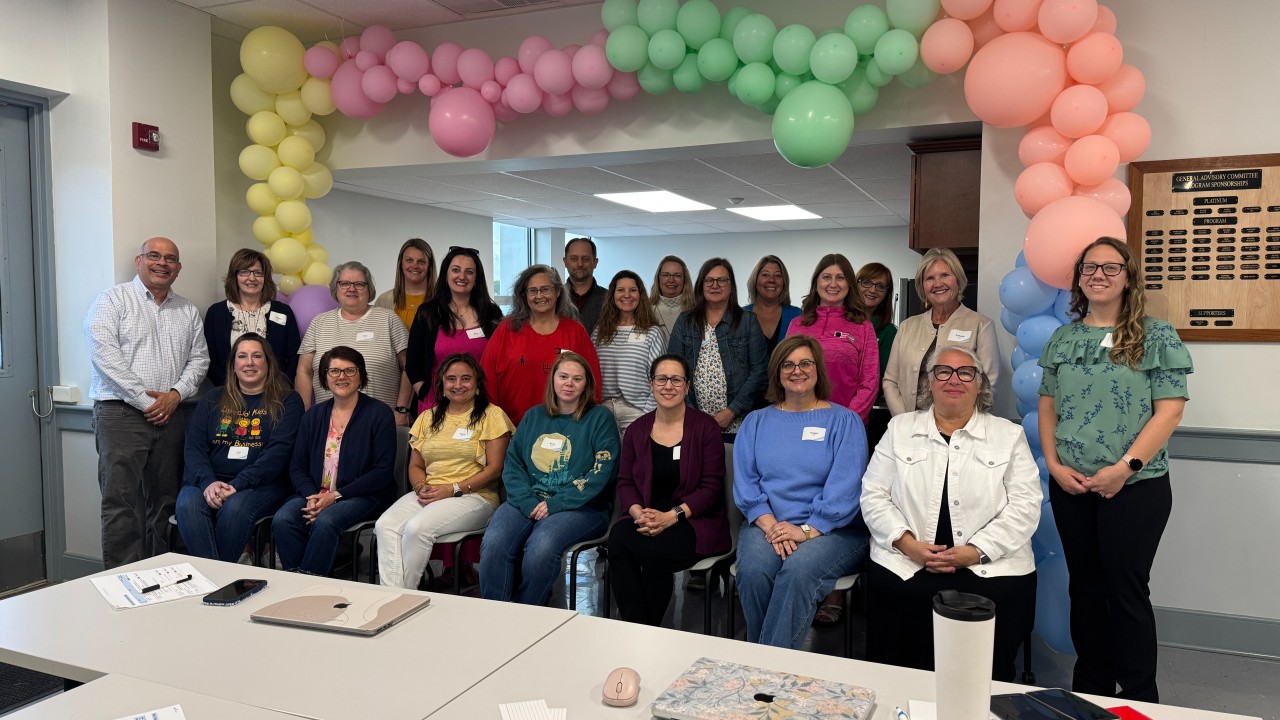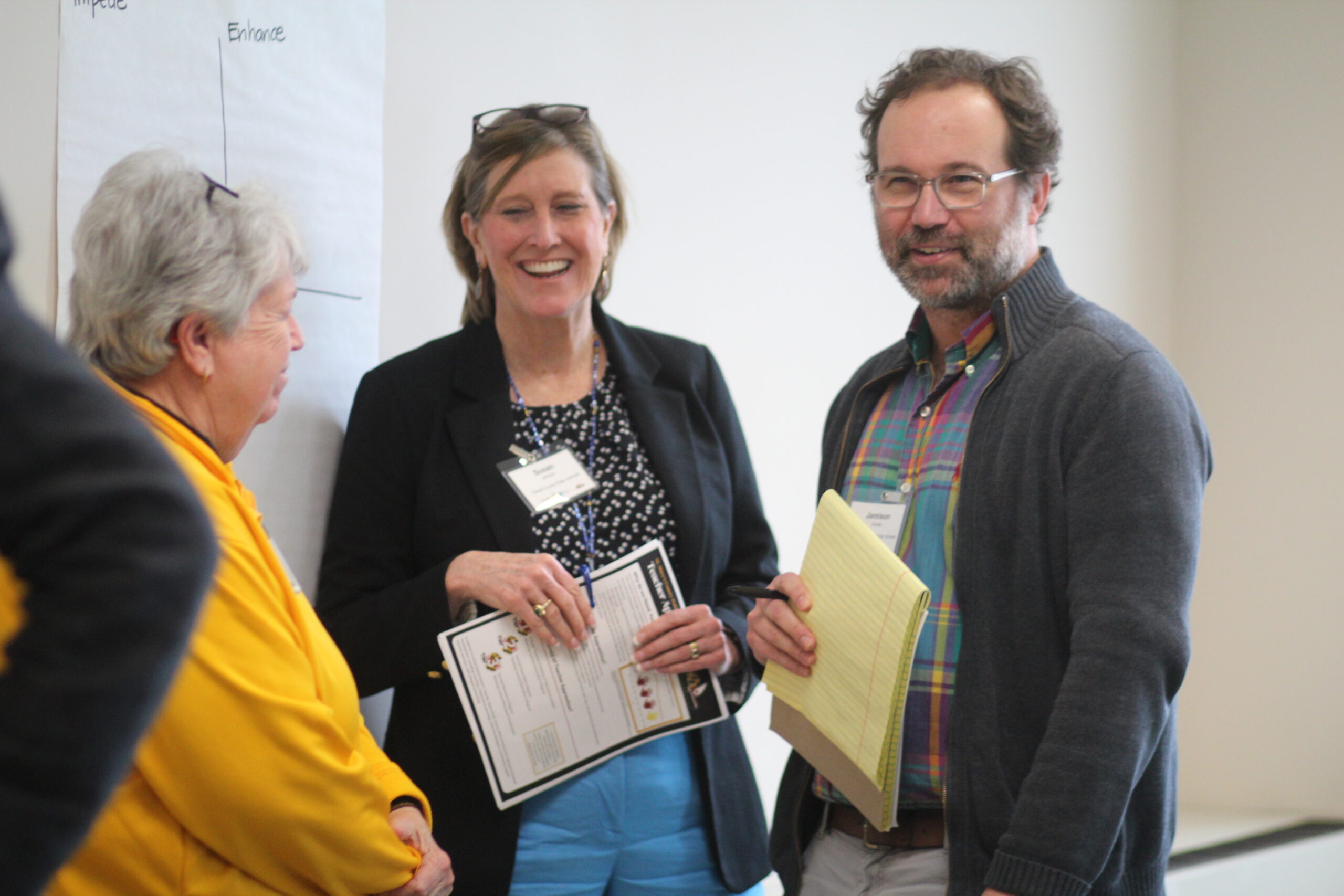By Monica Pfister
At a recent event celebrating the release of The Early Advantage 2: Building Systems That Work for Young Children, the product of a multi-year study of innovative early childhood education and care (ECEC) systems led by world-renowned expert Sharon Lynn Kagan and funded and supported by NCEE, the focus was not on identifying one “best” system. Instead, the event’s presenters identified five “pillars” of these ECEC systems, clarified that no jurisdiction implements all of these pillars equally well, and analyzed the different approaches and tradeoffs these jurisdictions have taken to excel within their own contexts. Kagan noted that early childhood education and care systems are rapidly expanding across the globe.
Following initial presentations of findings for the six study jurisdictions – Australia, England, Finland, Hong Kong, Korea and Singapore – from Kagan, co-editor Eva Landsberg and three of the study’s co-principal investigators, panel discussions gave these presenters and U.S.-based experts the opportunity to reflect further on the research findings. Below are highlights from these panel discussions.
Panel I: Comprehensive Services, Finance and Governance
The first panel, moderated by Michael Levine, chief knowledge officer of Sesame Workshop, focused on comprehensive provision of services, sustainable funding and governance coordination in ECEC systems. Nirmala Rao and Kristiina Kumpulainen, principal investigators for Hong Kong and Finland, opened by explaining how Hong Kong and Finland are rethinking aspects of funding and governance structures to improve service provision for all children. For example, in addition to funding free, universal access to half-day early childhood education for all 3- to 6-year-olds, Hong Kong is increasingly focusing on providing additional resources for children who may need more support, such as non-Chinese-speaking children.
Panelists M. Caridad Araujo, principal economist at the Inter-American Development Bank, and Linda Smith, director of the Bipartisan Policy Center’s Early Childhood Initiative, responded to the study’s findings in this area. Araujo explained that in Latin America, there has been strong interest in formulating high-level early childhood policies during the past 10 to 15 years, including some efforts to rethink governance structures to improve coordination – for example, across childcare and preschool settings and across the health and education sectors. She cautioned that attempts to replicate other jurisdictions’ structures have sometimes hindered development and called instead for context-specific system design, echoing a lesson from the study. Focusing on the U.S., Smith explained that in states where it would likely not be possible to reorganize governance structures, it is still possible to create a more conducive environment for high-quality ECEC by improving “functional alignment” across different agencies. The study points to developments like creating common curriculum frameworks that span ages from 0 to school age that can help improve coordination within ECEC, even without altering governance structures.
Panel II: Comprehensive Services, Finance and Governance
Lisa Guernsey, senior advisor to the Early and Elementary Policy Program at New America, led the second panel on pedagogy and workforce development in the early childhood sector. Kathy Sylva, principal investigator for England, began the discussion by describing how England’s national qualifications framework, which is a unified framework for most occupational qualifications in England, has improved consistency in the meaning and value of the varied ECEC qualifications. The possibility was raised that U.S. states might benefit from a similar system for streamlining and clarifying qualification types for the early childhood workforce. Focusing on pedagogy, Kristiina Kumpulainen, principal investigator for Finland, shared a notable aspect of Finland’s approach: all ECEC providers are required to create an individualized education plan for all children, not only those with special needs. She described how teachers create and periodically revise these plans with parents and children to ensure a thorough understanding of each child’s interests, strengths and goals.
Panelists Rebecca Gomez, program officer at the Heising-Simons Foundation, and Albert Wat, senior policy director at Alliance for Early Success, reflected on lessons they had taken from the research. On workforce development, Wat pointed to several lessons, including the power of a unified framework for organizing and linking ECEC qualifications with specific but different workforce roles and the importance of setting high expectations for the ECEC workforce, which may be expressed as competencies or formal educational requirements. Gomez agreed with Wat, pointing to the need to link competencies to both formal and informal preparation pathways and create mechanisms for connecting compensation to competency-based preparation. She also called for holistic ECEC system-building, rather than prioritizing workforce development in isolation from other parts of the system.
Panel III: Comprehensive Services, Finance and Governance
The event’s final panel considered the role of data collection in ECEC, a topic that has been a point of contention in the U.S. due to concerns about student privacy and lack of infrastructure for coordinated data collection. Nirmala Rao, principal investigator for Hong Kong, and Kathy Sylva, principal investigator for England, set the context by describing how data is used in both jurisdictions. Two takeaways emerged: first, both jurisdictions have comprehensive inspection systems that collect and use data for in-depth ECEC program monitoring and support; and second, being clear about what kind of data is needed for different purposes is key for using data to drive improvement in ECEC. For example, while individual child-level data might be used to ensure children get access to the services they need, program-level data is required for program evaluation, and system-level data helps gauge overall system health and guide system-level tasks like manpower planning.
Panelist Jacqueline Jones, president and CEO of the Foundation for Child Development, connected the discussion back to the U.S. context by calling for greater alignment between the intended outcomes of data collection in the U.S. – such as information for assessing student progress or making policy decisions – and the methods and types of data collection chosen. She highlighted the use of formative assessment in study countries but noted that this requires considerable training in child development, observation and documentation. Craig Rice, councilmember from Montgomery County, Maryland, and member of Maryland’s Commission on Innovation and Excellence in Education, built on Jones’s point by emphasizing the importance of clear communication about how data will be used. He also described a recommendation from the Commission, as part of its efforts to guide large-scale education reform in Maryland, to design an assessment tool that helps teachers of young children identify individual students’ needs and better plan classroom instruction around those needs.
While all three panels acknowledged the complexity and context-dependence of ECEC system design, event attendees were left with a clear and thought-provoking combination of high-level research findings and specific, actionable policy considerations. For more on the findings of this groundbreaking work, see The Early Advantage 1: Early Childhood Systems That Lead by Example, The Early Advantage 2: Building Systems That Work for Young Children and the related resources by jurisdiction available on NCEE’s website.




